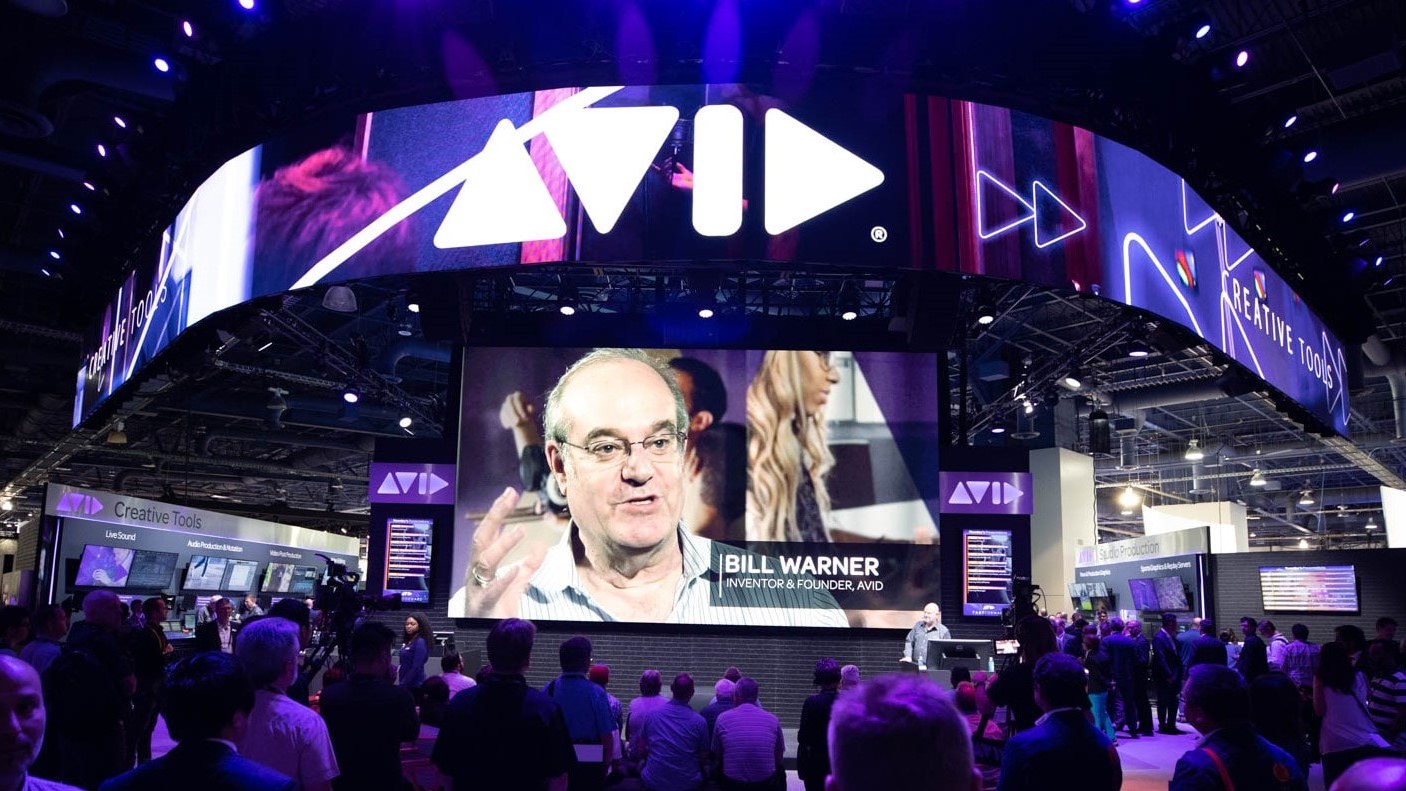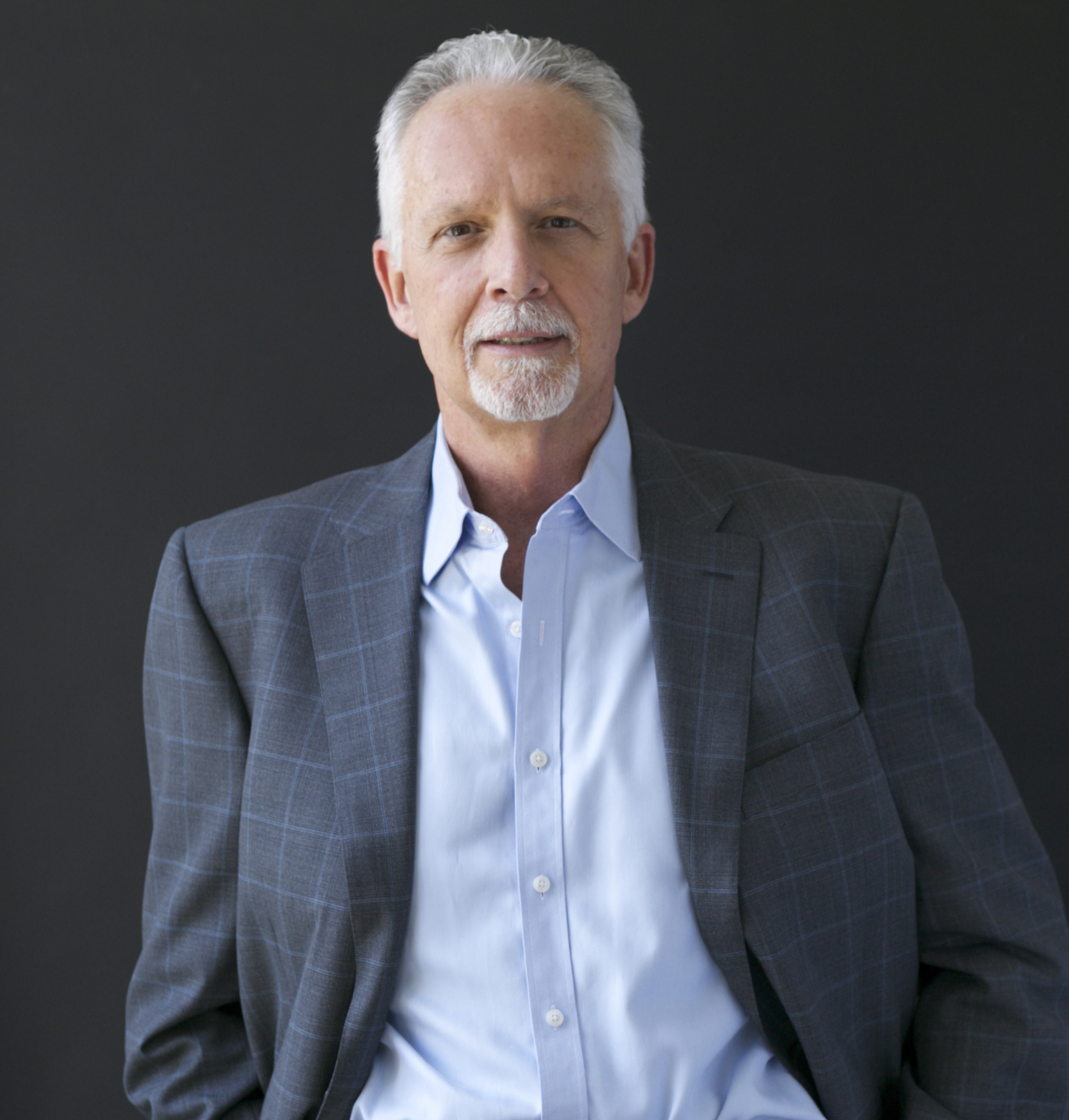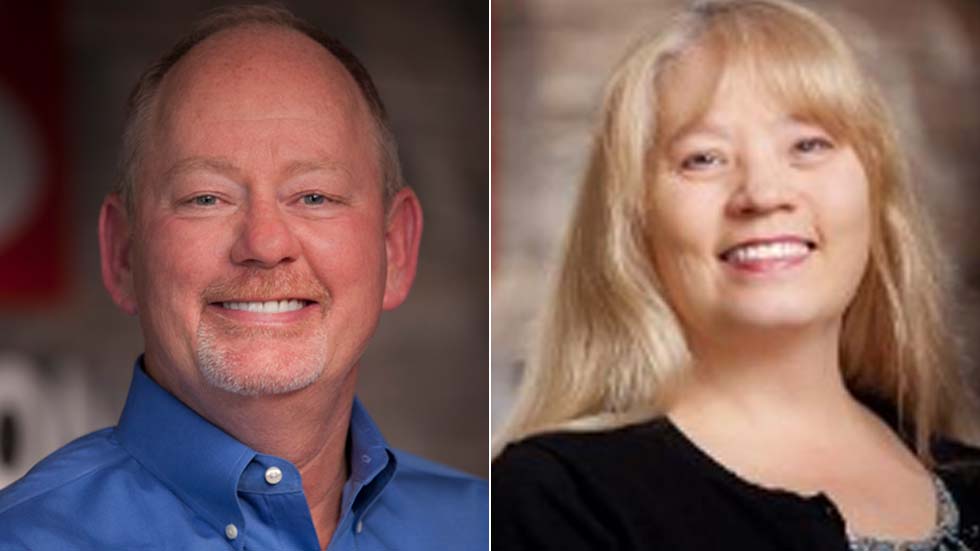
Avid today publicly announced it will not exhibit at major trade shows, including NAB, IBC and NAMM, this year.

A couple of days before the announcement, the company reached out to TVTech to discuss this decision with Avid CEO Jeff Rosica. The following is an edited transcript.
TVTech: Why did Avid decide not exhibit at the NAB Show and other major trade shows this year?
Jeff Rosica: We’ve learned a lot of lessons the last couple of years. One of the lessons we learned last year—and I think we made the right decision—is to pause on our exhibiting at large trade shows in 2022. We are not going to go to NAB, IBC or NAMM for example.
We have to make these decisions far in advance, and when we look at what’s going on—let’s hope that this current COVID-omicron wave is it—but every time we think a wave is over, another one comes.
When we look at this year, especially looking at an international audience, we took the decision to pause one more year in 2022 and not do any exhibiting at any of the major trade shows.
First and foremost, it’s safety. We’ve got to make sure our people are safe and the teams are safe. But also ROI is key; these major trade shows are huge expenses.
The professional video industry's #1 source for news, trends and product and tech information. Sign up below.
I don’t want to see happen to our industry what we saw happen at CES. It was a very difficult show. We worry about whether we can get everybody there safely and also the attendance. These are major investments, and we’ve got to have a pretty big return.
TVT: What’s your alternative to exhibiting this year?
JR: For 2022, we’re going to do what we learned over the course of 2020 and 2021 and keep leaning heavily on content. You know, we’ve almost tripled our content output, and we’ll probably double or quadruple it this year.
Heavy content, heavy digital and do a lot of things with partnerships—with a lot of trade publications.
Then we are going to take our show on the road. We’re going to go city by city over the year—as it’s safe in a given country or given city and the rules allow people to come together and engage.
We think that’s a safer approach and one that can ensure a good outcome for Avid and our customers who want to come together and meet.
TVT: Are you going to go it alone on the road or work with other companies and organizations?
JR: We’re partnering a lot more with our Avid Customer Association to find opportunities to engage with the community and get input for our strategy and our plans. We will be partnering with them as we go around the world to bring this closer to people.
We are big believers in the value of NAB, IBC and shows like NAMM. We’ll partner with them and do as much as we can with them, but we’re going to defer on any of the larger trade shows until 2023.
TVT: What will your presence at those shows be in 2023?
JR: We will go back with pretty sizable investments and footprints in those shows, but it won’t be back to the way it was before COVID because we’ve learned to lean into things with more virtual and digital events.
A lot more content creation. Customers really like the fact that they’ve got more things that more people can access. Not everybody can go to NAB or IBC, but everybody can access a video. Everybody can access a virtual event, and more people can access local events.
As far as a permanent marketing mix, we’ll spend a bit less on the major trade shows once we go back to them, and we’ll continue to spend a lot more in content marketing and digital marketing, including virtual events.
We’ll also do a lot more in localized, face-to-face events in Tokyo, London, Paris and New York—in the areas where a lot of our customers are.
We’re also investing in revamping our Customer Experience Center here. We’re modernizing it and investing not just to bring people here physically but also to do a lot more virtually from here. It’s a very big investment—close to what NAB costs.
TVT: Will your upcoming road show require you to build out a large trailer with technology, or do you envision using a conference center where you visit?
JR: We won’t initially do mobile trucks because that really limits you. Around the world, a truck can’t get everywhere. It just basically will be fly cases and shipping cases to move everything around. Sometimes we will be in hotels, but we’ll also partner with customers and facilities and customers’ studios to host in those kinds of environments. We’ll also partner with a lot of local channel partners. We’ll even be partnering with other technology partners [vendors] that we work with.
TVT: Will Avid hit the road with a presentation geared to the different vertical markets you serve, like broadcast, post-production and professional audio?
JR: We’ll do audio and of course, broadcast and media. We’ll do video and audio post and music.
TVT: When will this initiative start?
JR: In the spring. The exact days have not yet been set. We’re waiting a little bit just to see which communities are really going to allow us to do it. We want to be able to go into a market or go to a city that’s going to allow us to bring people in scale to an event.
TVT: Do you expect the organizers of the major trade shows where Avid typically exhibits to adjust their booth-space charges based on an anticipated fall-off in attendance when you return to the circuit in 2023?
JR: What do I believe will be necessary for the shows to be successful in the long-term? They’re going to have to adapt their rates based on the audience that’s going to be present at the shows. These shows are valuable, but they are also expensive.
I think NAB and IBC are wonderful organizations but I think they are going to have to change their mix, just as we have. I think they can look at more regional types of events and more digital strategies, which they’ve already been doing.
They’re going to have to evolve their strategies because we’re all evolving; the customers are evolving. Things will have to change, and the pricing of things is going to have to move with the value.
Phil Kurz is a contributing editor to TV Tech. He has written about TV and video technology for more than 30 years and served as editor of three leading industry magazines. He earned a Bachelor of Journalism and a Master’s Degree in Journalism from the University of Missouri-Columbia School of Journalism.

